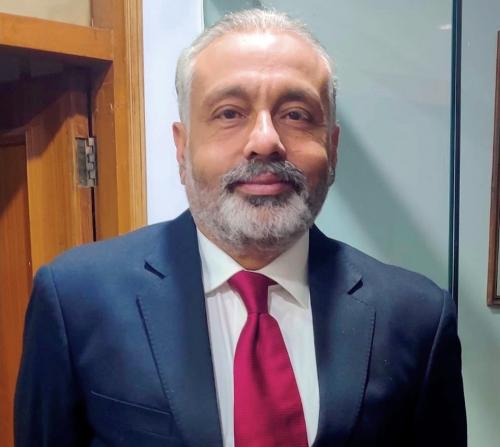Transforming India Through Female Education - Anoop Bishnoi

The 2020 National Education Policy (NEP) calls on educators to help students become 21st century learners. The policy hopes that the school education system will assist students in becoming critical thinkers, decision makers, inquiry-driven problem solvers, mathematical and scientific thinkers, and along with that holistically developing themselves in order to create aspirational economic pathways. It also mentions a variety of ‘technical skills,’ such as coding. At the heart of these abilities is a set of mental-emotional attitudes and capabilities that will prepare learners to make the most of 21st-century life while also being productive citizens. However, for the majority of our country’s girls, the journey of becoming a learner in modern times is fraught with acute gender discrimination.
India leads the pack in terms of child marriage, specially young women. We’re talking about 223 million people or one-third of the global total. We also know that most marriages lack meaningful consent. According to NFHS data (2019-21) housework, early marriage, and school costs are the most common reasons for female dropouts. Reasons related to menstrual health and management also play a significant role in keeping girls irregular and dropping out of school; estimates place the figure at around 23 million.
Anoop Bishnoi, the Chairman of The Doon School, Dehradun, highlighted this concern in a recent conversation, Anoop Singh Bishnoi is a well-known business entrepreneur and mentor who owns and operates businesses in the alcohol and steel industries. sharing what he believes should be the education model for girls. He said, “ A 21st-century education model for girls should emphasize the development of their agency and personhood. The goal of such a model should be to enable them to live an empowering, meaningful, high-quality, and productive life in the twenty-first century and the knowledge economy it represents. School education cannot be considered without having an empowering impact on a woman, particularly an adolescent girl in India. That is the only way for girls to be prepared to navigate a complex reality. On the one hand there are demands from today's fast-changing world for critical thinking leaders and rationale-based decision makers, and on the other there is an entire arena of social life that is generally defined by stereotypes and limiting cultural norms. Any model which does not adhere to this reality will be unable to create a genuine path to success for girls.”
Every intervention centered on the prescribed skill set for the twenty-first century must focus on developing self-awareness, social awareness, and self-efficacy for girls. It is critical to recognize that gender-based discrimination, whether at school, in the community, or in the family, has a negative impact on womens’ self-esteem and self-confidence, pulling them down. Make school an empowering environment: Working with teachers and school administration to transform institutional spaces into gender-transformative spaces is essential. Schools must be able to live and demonstrate a vision of a gender-equal world, with a special emphasis on girls in the current Indian context. In addition the inclusivity of trans and other genders is as important, if not more.
Post Your Ad Here
Comments